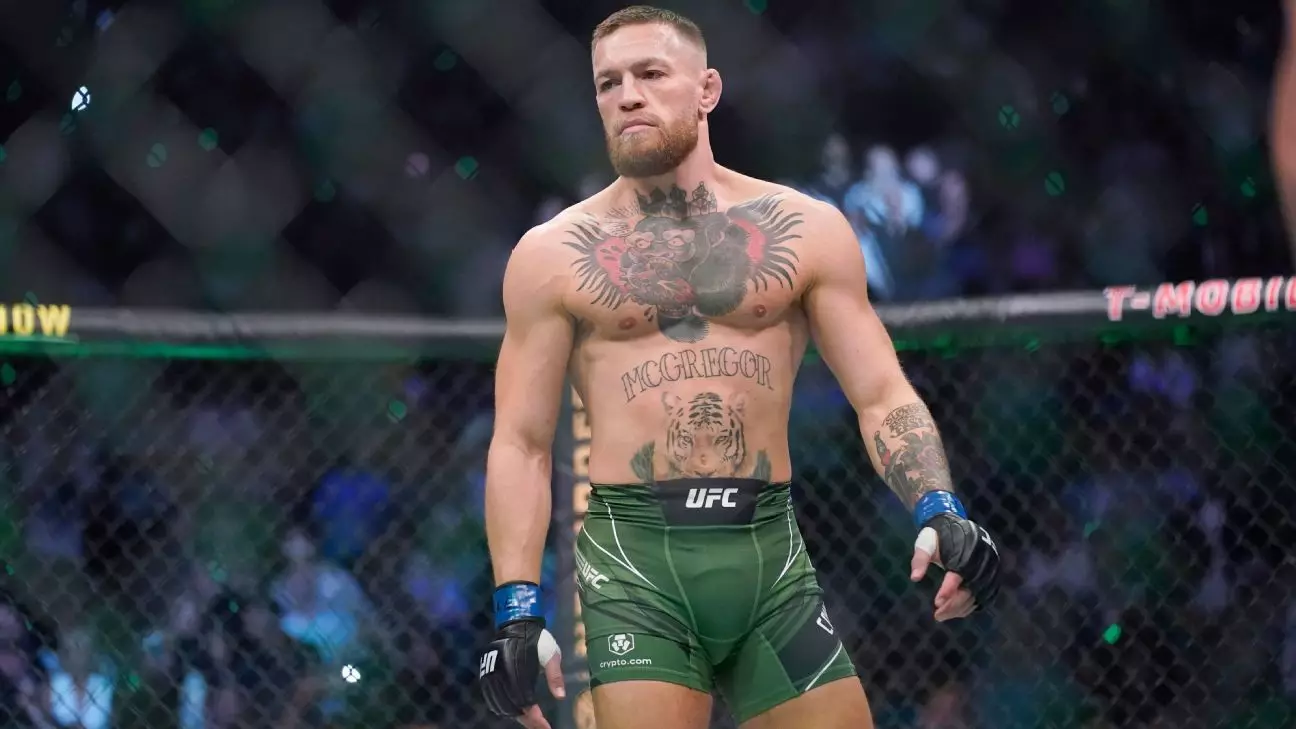The ongoing civil case involving mixed martial arts icon Conor McGregor has captured the attention of the public and media alike, revealing deep societal questions about consent, celebrity culture, and the complex nature of legal proceedings surrounding allegations of sexual assault. The plaintiff, a woman accusing McGregor of sexual misconduct, took the stand recently in Dublin, pushing the case into the spotlight once again. The incident in question allegedly occurred in 2018 in a Dublin hotel, and it is set against a backdrop of broader discussions on abuse of power and systemic inadequacies within both the legal system and societal attitudes towards assault.
Testimony presented in court painted a harrowing picture of the events that transpired on December 9, 2018. The woman described feeling uncomfortable and vulnerable after being left alone with McGregor in a hotel penthouse suite. Emphasizing her refusal of his advances, she alleged that McGregor persisted despite her objections, underscoring a troubling aspect of the encounter. This testimony places the focus squarely on the important issue of consent, a matter that often becomes muddied in discussions surrounding high-profile figures.
The woman’s account was corroborated by Dr. Daniel Keane, whose observations of her condition the following day—marked by shaking and visible bruising—further emphasized the gravity of the situation. The medical testimony provides a critical component to the plaintiff’s case, suggesting that the physical evidence aligns with her claims of an assault that went beyond mere disagreement over consent.
As the case unfolds, McGregor’s legal team is expected to mount a vigorous defense, arguing that any interaction between the fighter and the woman was consensual. The complexities of facing allegations and conducting a defense in the court of public opinion will likely challenge McGregor as he navigates these tumultuous waters. Additionally, statements from his spokesperson highlight the dichotomy between legal and public perception, as previous investigations by Irish police resulted in no criminal charges against the mixed martial artist.
This dynamic raises questions about how allegations are investigated and subsequently resolved within the legal system, particularly when high-profile figures are involved. It also examines societal patterns surrounding the treatment of such accusations: the stigma faced by accusers and the scrutiny faced by those in the spotlight.
This civil case not only sheds light on McGregor’s personal conduct but also serves as a magnifying glass for the cultural environment surrounding celebrity figures. The case echoes broader challenges faced by victims of sexual assault—challenges that include societal disbelief, the burden of proof, and the fear of retaliation that often silences survivors.
As we witness the unfolding of this case, it is crucial to remain aware of its potential implications for future cases involving sexual misconduct. The discourse surrounding consent, accountability, and justice continues to evolve, and this trial could represent a pivotal moment in reinforcing the importance of addressing such allegations with seriousness and sensitivity.
The McGregor case is not just about one man’s alleged actions; it encapsulates a critical conversation about gender dynamics, power, and the challenges faced by individuals seeking justice in an often unyielding legal landscape. The outcomes of this trial may well contribute to a shifting paradigm where consent and accountability are increasingly brought into sharper focus.


Leave a Reply